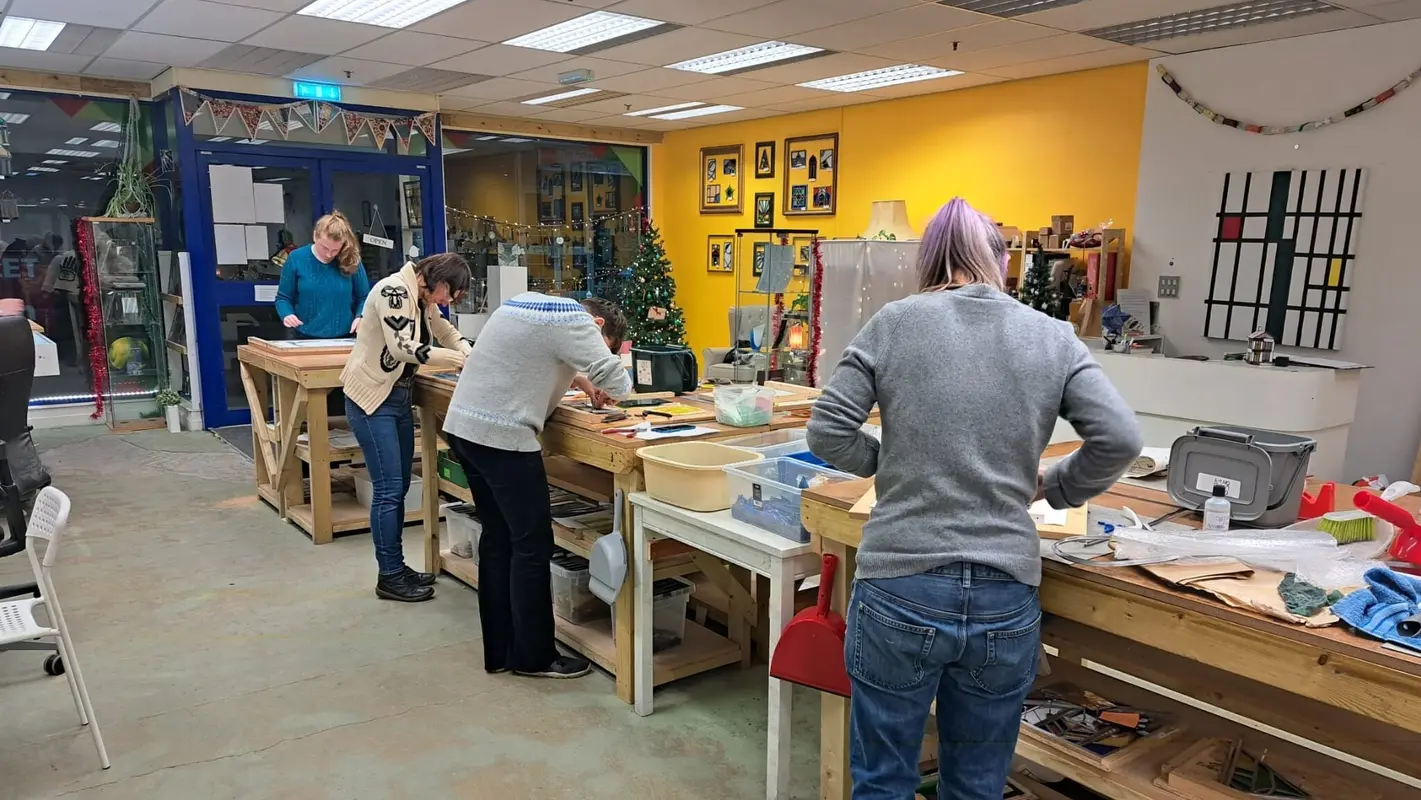Following a nine-month evidence synthesis and scoping exercise undertaken by the PEC team leading on work in skills, talent and diversity, from the Work Foundation at Lancaster University, this evidence review outlines the most pressing skills and diversity challenges facing the creative industries, identifies critical gaps in the evidence base, and seeks to shape a shared and dynamic research agenda.
This exercise considered over 300 sources of evidence and engaged 80 individual stakeholders from 50 different organisations drawn from across the creative industries.
The research suggests that while the outlook for the Creative Industries is bright; the sector faces a number of pressing challenges relating to talent and diversity that if unaddressed threaten to undermine future success. Some of these challenges relate to the nature of work and working practices in the sector; others to the way in which we value and develop creativity and creative skills. This includes issues that are more immediate or short-term in nature, alongside challenges that are deep-rooted and represent longer-term shift. In total the report identifies nine pressing skills and diversity challenges.
As might be expected given the diverse range of activities that comprise the creative economy, some of these challenges are more distinct to particular parts of the creative sector. Similarly, in areas where policy has been devolved (such as education) the picture varies across the UK nations. The research has sought to acknowledge these differences, while also developing a coherent and compelling narrative to help shape better policy and practice relating to skills, talent and diversity in the creative industries.
The synthesis and scoping exercise also aimed to take an objective view on the current evidence base pertaining to these issues. It suggests there is already a vast array of research and analysis from academia and the wider research community, alongside insights and evidence compiled by wider stakeholders in the arts, culture and creative industries including sub-sector and occupational trade bodies, Government in each of the devolved nations and others. It also, however, identifies a number of information failures and thematic evidence gaps.
These gaps provide steer to where the PEC can add greatest value in enhancing insight and understanding of these issues. The report concludes by articulating future research priorities for the PEC’s work in this area, while welcoming the potential for collaborative working with others in the industry that share these research interests.
Please reference this paper as:
Carey, H., Florisson, R. and Giles, L. (2019) Skills, talent and diversity in the creative industries: critical issues and evidence gaps. Multiple: Creative Industries Policy and Evidence Centre and Work Advance. Available from: https://pec.ac.uk/discussion-papers/skills-talent-and-diversity-in-the-creative-industries
Published 28th November 2019
Related Discussion Papers
Demand for Creativity and AI Skills in the Post-ChatGPT Labour Market
This study examines the evolving relationship between employer demand for creativity and AI skills i…
Regional Trade Agreements, Cultural Provisions and Trade in Cultural Goods
Analysing the impact of Regional Trade Agreements on the bilateral trade of cultural goods from 1999…
International Trade Challenges and the Effectiveness of Support Measures for the UK’s Creative Industries
The formidable challenges confronting the UK’s creative industries in the realm of exports, st…
Northern England’s Creative Industries
The Creative Industries are already a driver of growth across the UK economy. Export-intensive and m…
Creative Destruction? Creative firms, workers and residential gentrification
A new study by Tasos Kitsos, Max Nathan, and Diana Gutierrez-Posada finds only a minor influence of …
Speaking with One Voice
A fundamental remit of the BBC, and other public service broadcasters (PSBs) like ITV and Channel 4,…
Transitioning to Sustainable Production across the UK Theatre Sector
This discussion paper examines transitional pathways to sustainable theatre production in the UK. By…
Identifying and analysing UK fashion micro-clusters
The UK’s Fashion and Textiles industry contributed almost £20 billion to the UK economy in 202…
Net Zero as a catalyst in fashion micro and small enterprises
This report identifies examples of work taking place across three levels of change – social, e…
The Motives of Inbound Foreign Direct Investors in the UK Creative Industries
The UK’s creative industries have a global reach. British arts, technology, and design are internati…
Brexit uncertainty and international trade in services: Evidence from the UK creative industries 2014-2019
This discussion paper is based on one of the first studies to look at the impact of Brexit on the Cr…
Working Together – Cooperatives as a creative industry business model
This authors looks at how creative workers and students typically understand cooperatives, explore t…












